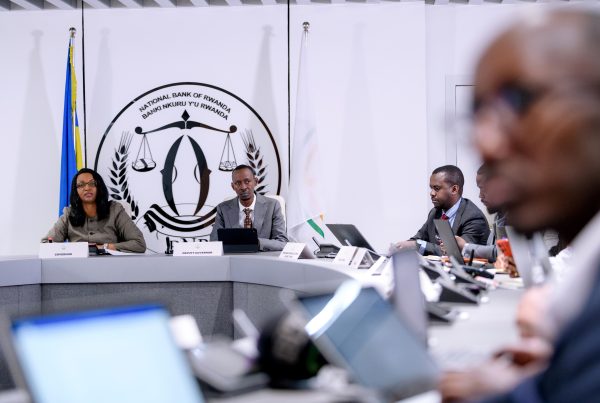The International Monetary Fund has greenlit a four-year, $3.4 billion Extended Credit Facility for Ethiopia, marking a significant endorsement of the country’s ambitious economic reform agenda. This funding aims to address macroeconomic imbalances and lay the foundation for private-sector-led growth, the international lender said in a statement of its website.
According to the statement, this decision allows for an immediate disbursement of SDR 766.75 million (around $1 billion) to help Ethiopia meet its balance of payments needs and support its budget.
Ethiopia’s economic program, underpinned by the ECF arrangement, includes a comprehensive policy package designed to stimulate private sector activity, increase economic openness, and promote inclusive growth. Key policies focus on moving to a market-determined exchange rate, combating inflation, mobilizing domestic revenues, restoring debt sustainability, and strengthening state-owned enterprises.
“This is a landmark moment for Ethiopia,” IMF Managing Director Kristalina Georgieva said in a statement.
“The approval of the ECF is a testament to Ethiopia’s strong commitment to transformative reforms. The IMF looks forward to supporting these efforts to help make the economy more vibrant, stable, and inclusive for all Ethiopians,” she explained.
The program is anticipated to attract additional external financing from development partners and provide a framework for the successful completion of ongoing debt restructuring. Deputy Managing Director and Acting Chair, Antoinette Sayeh, emphasized the importance of the measures being taken to address Ethiopia’s economic challenges, including high inflation, low international reserves, and unsustainable debt.
“Ethiopia has been facing significant economic pressures amid a series of large shocks,” Sayeh said.
Adding that the recent measures to decisively tackle macroeconomic imbalances, including moving to a market-determined exchange rate, removing current account restrictions, and modernizing the monetary policy framework to control inflation, are critical steps forward.
The reform program also emphasizes the importance of social safety nets to protect vulnerable households from the impact of the reforms. The government plans to increase budget allocations to targeted cash transfer programs and gradually unwind temporary subsidies on fuel and fertilizers. Enhancing the reach and impact of social safety-net programs is deemed crucial.
The authorities are also focusing on ensuring the sustainability of public finances. Key steps include raising fiscal revenues and securing comprehensive external debt treatment under the G20 Common Framework. The IMF highlighted the successful use of the “credible official creditor process,” which allowed for rapid financing assurances for this ECF-supported program.
Strengthening public investment management, particularly in areas related to climate change and post-conflict reconstruction, and improving financial sector governance are also vital components of the reform agenda. The recapitalization of the Commercial Bank of Ethiopia addresses a key macro-financial vulnerability, while reforms to reduce financial repression and enhance the National Bank of Ethiopia’s mandate and governance will bolster its credibility and capacity.
“The authorities’ ambitious and comprehensive home-grown structural reform agenda will focus on better governance and public service delivery, competitiveness, and the business climate, to stimulate private sector-led growth and contribute to poverty reduction and raising living standards,” Sayeh noted.
The IMF also extended its sympathies to the Ethiopian people regarding the recent landslide in the Gofa Zone, expressing support for the authorities’ response and recovery efforts.





